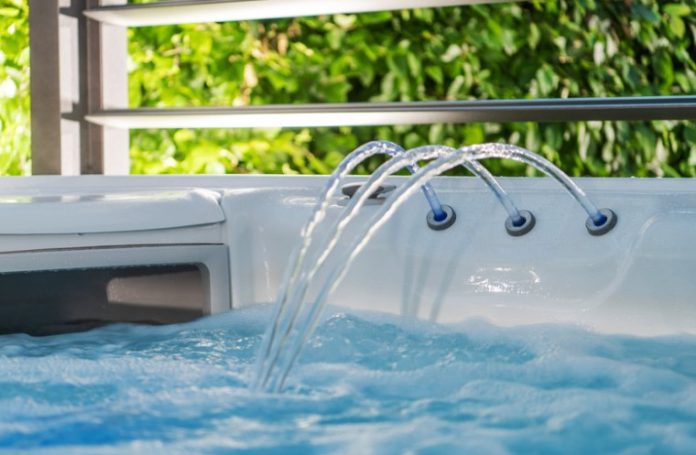Hot tubs’ popularity has skyrocketed in recent years, and the epidemic has only added to their allure. According to eBay, sales increased by 1,080 percent in April.
But how much does it cost to keep a jacuzzi running?
We calculated the cost of running a six-person hot tub, which uses up to 650 gallons of water.
How much does it cost to operate a hot tub? It is one of the most often asked questions by new hot tub customers. The answer is probably less than you think (assuming you get a nice one!). This post will dive into how much it costs to run a hot tub in London.
How Much Does It Cost to Maintain a Hot Tub?
Several variables influence hot tubs to take more energy efficient. The first is the amount of water it holds — many hot hubs can store over 1,000 liters. The higher the operating expenses, the more the volume that requires heating.
The temperature of the water is the next consideration. It is usually set between 36°C and 40°C but may be decreased in hot conditions. The greater the water temperature, the more energy is necessary to keep it that way.
The cost of operating a hot tub depends on whether it is put inside or outside. An indoor hot tub has a substantially greater year-round ambient temperature, which means cheaper operating expenses than an outdoor hot tub. If you’re going to use your hot tub outside, make sure it’s in a protected or covered place to avoid wind-cold.
Is It True That Certain Hot Tubs Are More Affordable to Run Than Others?
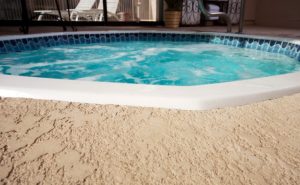
There are various varieties of hot tubs; however, the following are the most common:
- Models that are inflatable and can be moved around
- Hot tubs with a permanent hard shell (often plastic or acrylic)
- Spas that are built into the earth
- Hot tubs powered by wood
The cost of running a hot tub is often determined by how effectively it is insulated. ‘Hot tubs offered at low prices might be improperly insulated,’ says Sallie Leslie-Golding. ‘Always ask your retailer how cost-effective they are to operate and request any published numbers they may have to verify that the hot tub has enough insulation.’
Inflatable hot tubs have little insulation and cost the most. Lay Z Spa, for example, claims to be the most energy-efficient and best-insulated inflatable hot tub company. Compared to another inflatable hot tub model, It would still result in a £620 savings in energy expenses over three years.
What Energy-Saving Features Should I Look for When Shopping for A Hot Tub?
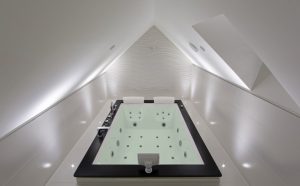
Are you looking for strategies to save energy at home? These practical hot tub features can be an excellent place to start:
1. Cover for a hot tub
‘Hot tubs should be marketed with coverings for safety reasons, but they also assist in keeping the water clean and the water temperature stable by limiting heat loss,’ adds Sallie Leslie-Golding. To guarantee the optimum fit and airtightness, make sure your cover is custom-made for your exact hot tub model. Check it regularly for any bending that might cause heat to be released.
2. An energy-saving heater
Some heaters have features that help heat travel more efficiently. A titanium heater, for example, will transmit heat more efficiently than a stainless-steel heater. Keep in mind that, although heaters have varying kW ratings, It has no direct impact on total energy use. Heaters with higher kW ratings heat the water quicker and do not need to be turned on for as long.
3. Temperature regulator
Warming the water is one of the more expensive aspects of operating a hot tub, so lowering the temperature may be an excellent way to save money. Turning down the thermostat by 2-5°C, particularly during the colder months, can save money.
How Often Will You Utilise It?
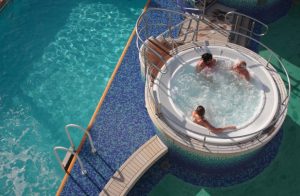
The frequency of usage will influence the operating costs of your hot tub. It should go without saying, but the more you use your hot tub, the more costly it will be to maintain. More usage necessitates more heating, it’s that simple, and it’s something to keep in mind.
Many people wonder whether they should switch off their hot tub while not in use. It is a horrible idea and should not be done.
Once you’ve selected your preferred temperature on your spa’s control panel, just keeping it, there will save you both business electricity and money. If you switched off the hot tub, it would require a lot of energy to heat it back up. Keep in mind that most spas heat water at roughly 1-2 degrees every hour. Thus, it would take almost a full day of steady heating to achieve your temperature objective.
Other Considerations
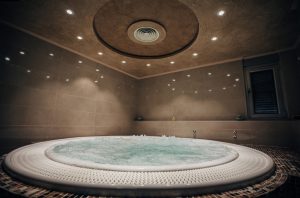
The cleaning system of your hot tub may need a complete drain and refill, which may require a day of solid heating time after filling it back up with new water. Your hot tub should be drained and refilled three times a year.
The energy efficiency of your hot tub will be affected by insulation. Spray-on foam insulation on the bottom of the spa’s shell and foil-wrapped insulation around the cabinet to reflect heat inside will be used within the cabinet of your hot tub. Some spas have complete foam sprayed within the hot tub cabinet, but be cautious. It may be not easy to reach components for maintenance. Your pump and heating system need sufficient airflow to function safely and effectively.
Conclusion
Home hot tubs have grown in popularity as a leisure and enjoyment item. A hot tub in the yard couldn’t be a more pleasant place to unwind, but how much does it cost to maintain a hot tub? Are they less expensive than a visit to a luxurious spa, or will your energy expenses skyrocket every time you use it? Even if you have a smart meter, hot tubs may use a lot of energy, so do the math before buying. The above guide on how much it costs to run a hot tub in London will help you in saving extra costs.
































